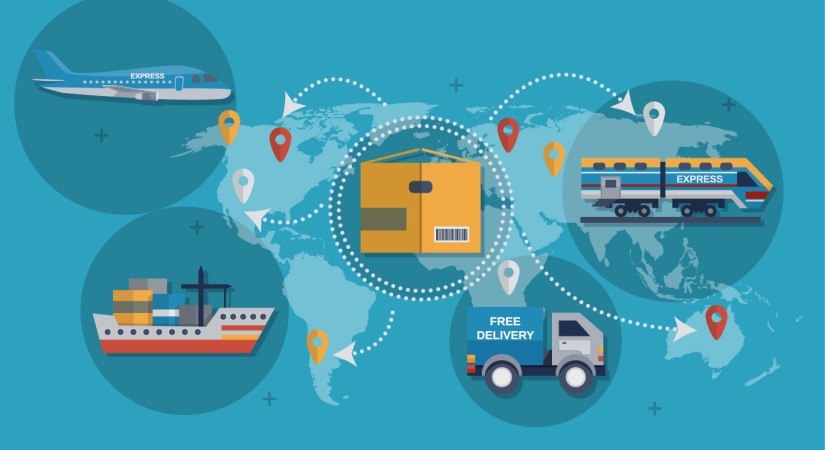
Supply chain management is one of the research domains, which have gained a lot of attention of the researchers. The MBA dissertation topics in supply chain management are offered as it has a strong impact on the different aspects of businesses.
In the modern era, the supply chain management has gained a lot of attention and businesses are emphasizing on horizontal integration of the supply chain components. It helps in getting rid of the traditional barriers and adopting advanced methods and techniques to carry out the operations and processes.
Research topics in supply chain offer wide understanding related to the examination of different elements and components of supply chain management. The field of supply chain management is evolving rapidly, and it has attracted researchers to find out how supply chain and procurement are contributing in the business context.
We also offer project topics on logistics and supply chain management and project topics on procurement and supply chain management.
A list Of 30 Dissertation Topics in supply chain management
Following list contains supply chain management topics examples. If you want anyone of them to use, make sure you get this rephrased from us or let us assist you with a dissertation topic similar to what you have chosen.
To examine the role of top management in supply chain management practices.
Evaluating the importance of quality management in supply chain management.
A study of factors affecting the supply chain management in multinational corporations.
An evaluation of the role of vendor selection in the context of supply chain management.
To find out how information technology is significantly affecting the supply chain management.
To find out the different factors that positively and negatively affect the supply chain management strategies.
To examine how the effective management of the supply chain can help in promoting customer satisfaction.
To study the barriers to implementing the green supply chain management in manufacturing industries.
Determining the different parameters and success factors of supply chain management.
To study the evolution of supply chain management and how technology has contributed to the evolution.
Critical evaluation of the implementation of a supply chain operating reference model in the manufacturing industry.
Studying the impact of 3PL outsourcing on the supply chain management in manufacturing companies.
Evaluating the Bullwhip effect in the supply chain.
Critical analysis of the different types of risks that influence the supply chain management.
Studying the factors that affect the supply chain decisions in the automobile industry.
Evaluating the impact of organizational culture on the strategic choices and supply chain management.
The role of procurement strategies in achieving the organizational targets.
Finding out the key factors that help in securing the supply chains.
A critical analysis of how the failure of supply chain management affect the customer satisfaction for automobiles.
Identifying the advantages of integrated supply chain practices and performance.
How does supply chain flexibility contribute to achieving the strategic outcomes.
Focusing on the impact on just in time inventory on enhancing the efficiency of the supply chain in large organizations.
Evaluating the pros and cons of outsourcing logistic operation activities in the FMCG sector.
Studying the operations management strategies of B2C and B2B business models.
Finding out the role of supply chain in large and diversified business organizations.
Studying the role of e-commerce in the supply chain management in the 21st century.
To study the influence of lean manufacturing techniques in the supply chain and operations management.
Investigating the relationship between customer satisfaction and quality management in the supply chain context.
Examining the inventory management systems and its evolution with time.
Evaluating the process of product development and its impact on supply chain management.
Paid Topic Consultation Service
You will get the topics first as per the given requirements, and then the brief which includes;
- An explanation why we choose this topic.
- 2-3 research questions.
- Key literature resources identification.
- Suitable methodology with identification of raw sample size, and data collection method
- View a sample of topic consultation service

